Tende in February 2024
A colorful onion:
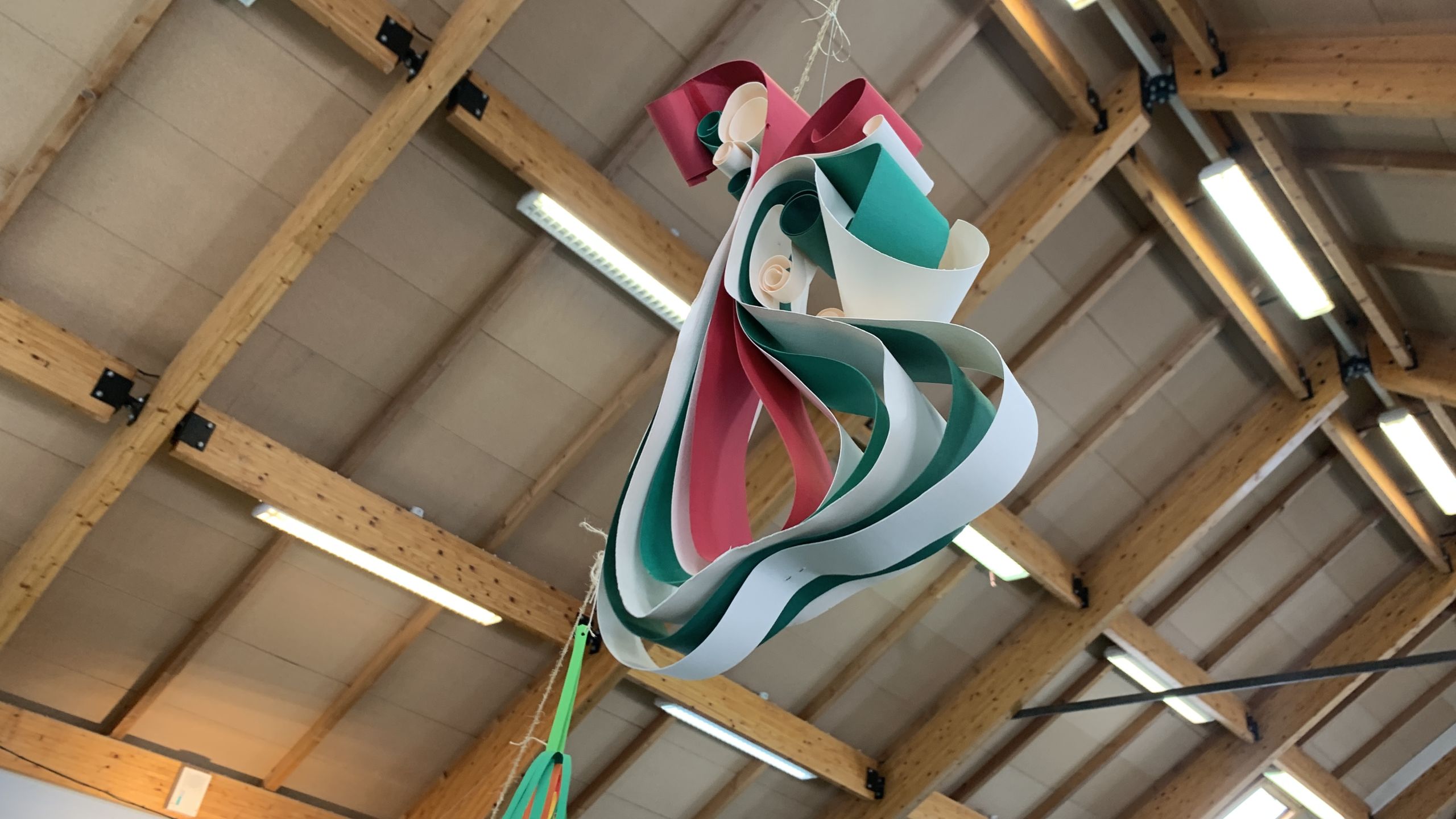
Wayfinding:


“Shoes”:
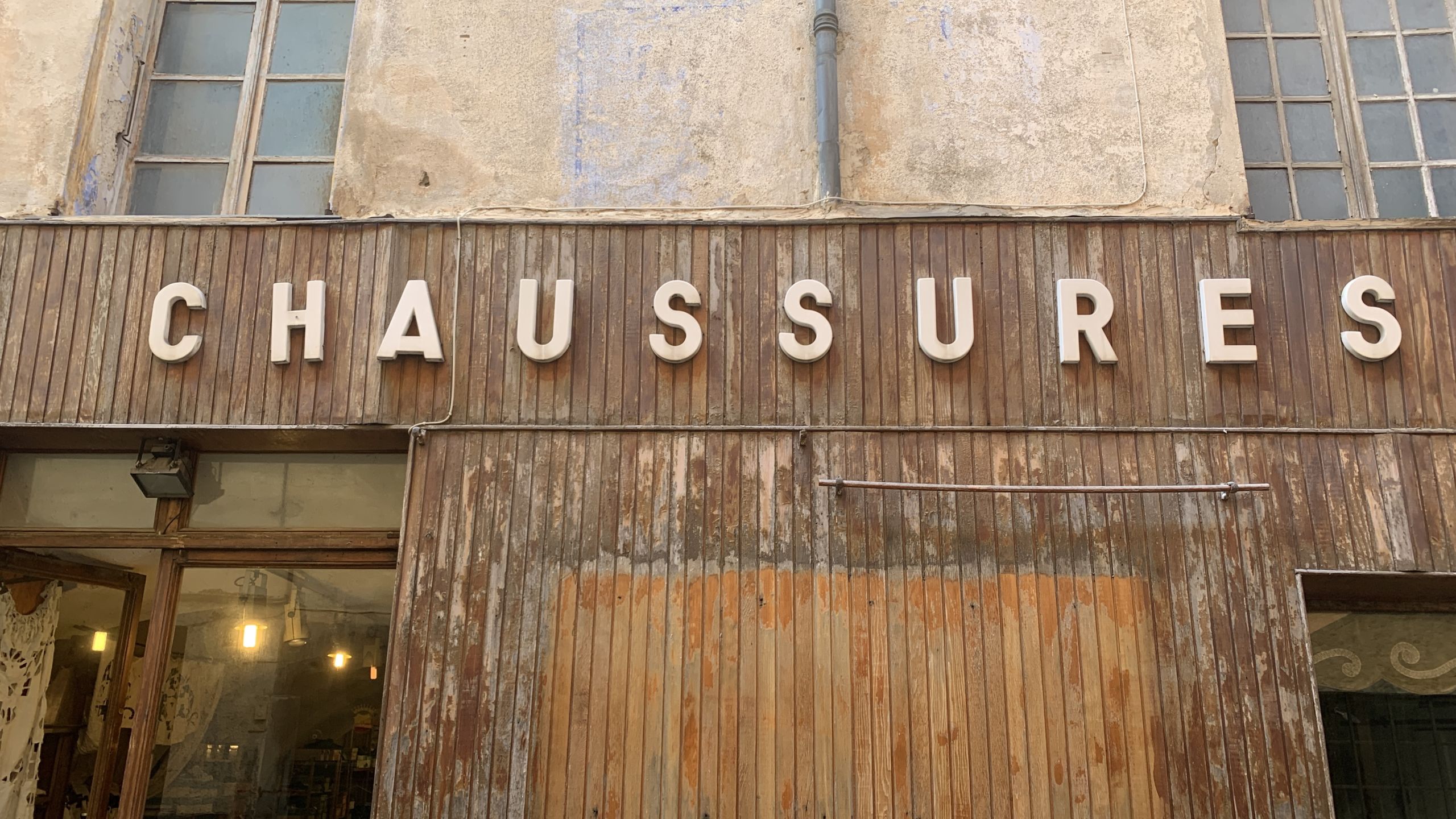
Doors:







Mountains:

Home page · Design · Travel · Gear · На русском
A colorful onion:

Wayfinding:


“Shoes”:

Doors:







Mountains:

Mountains:

Designs with souls:
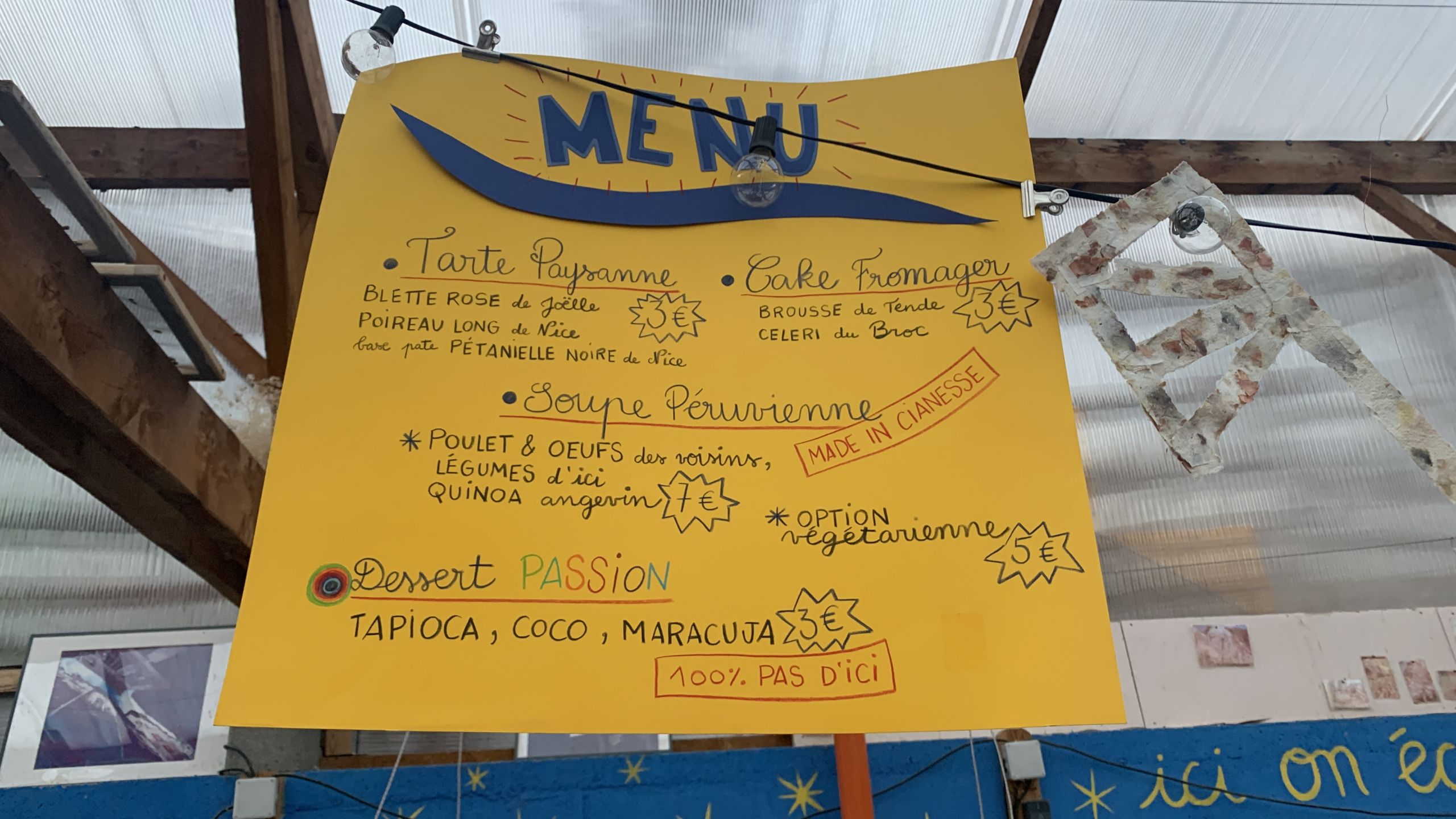

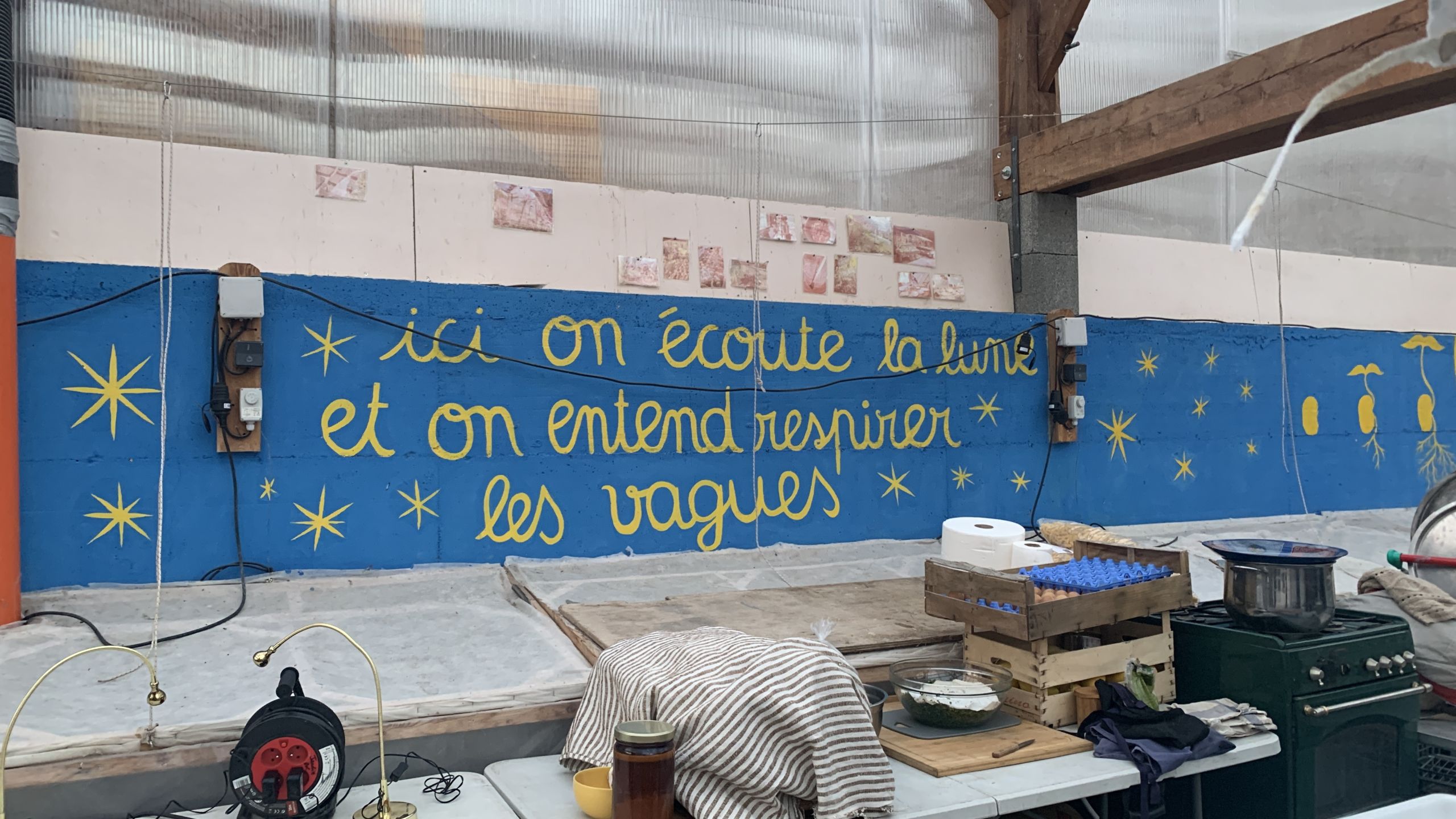
A stage:


Fire:

A heart:

The barber:

Number plaques:

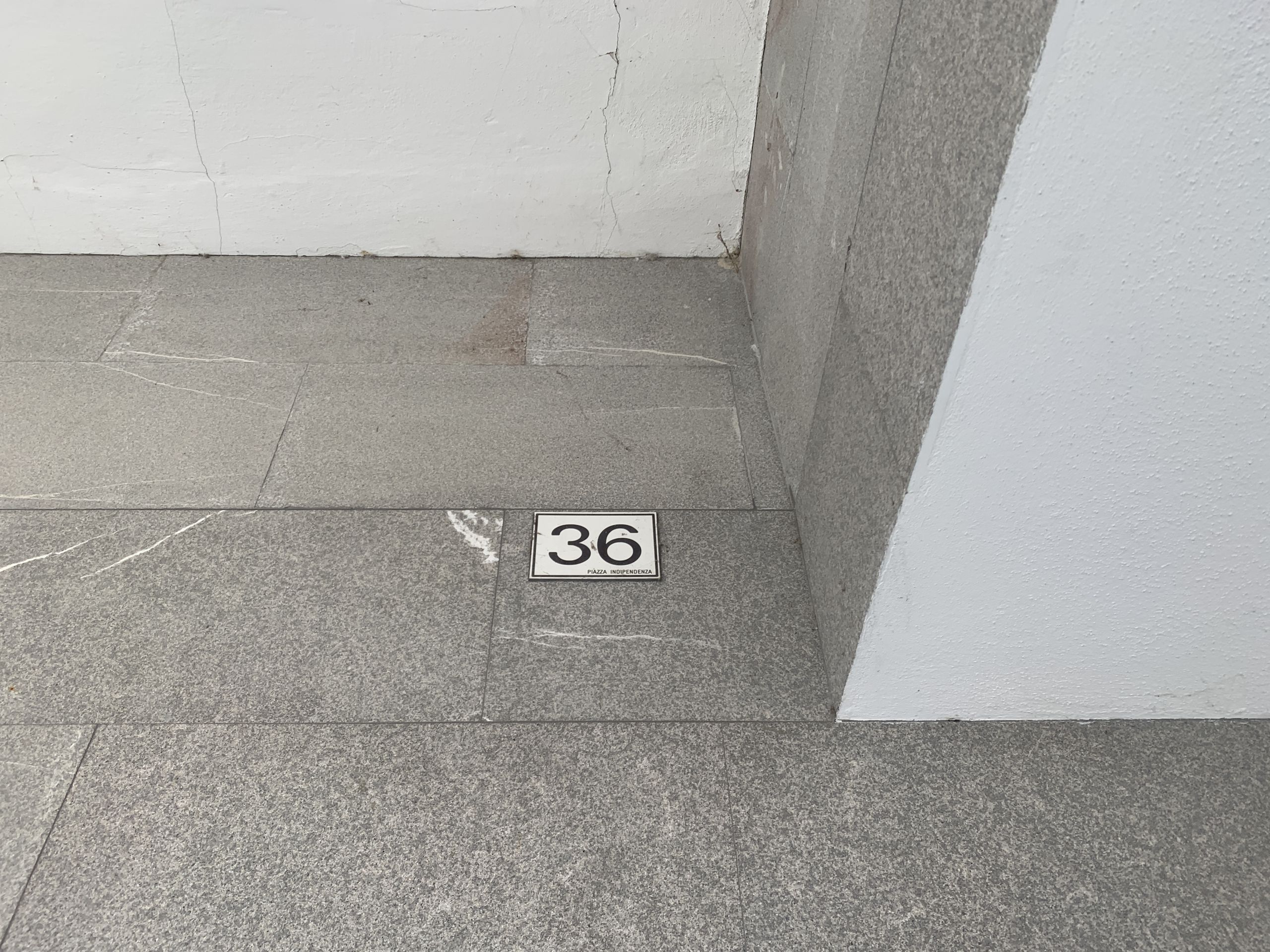
Pretty typography:
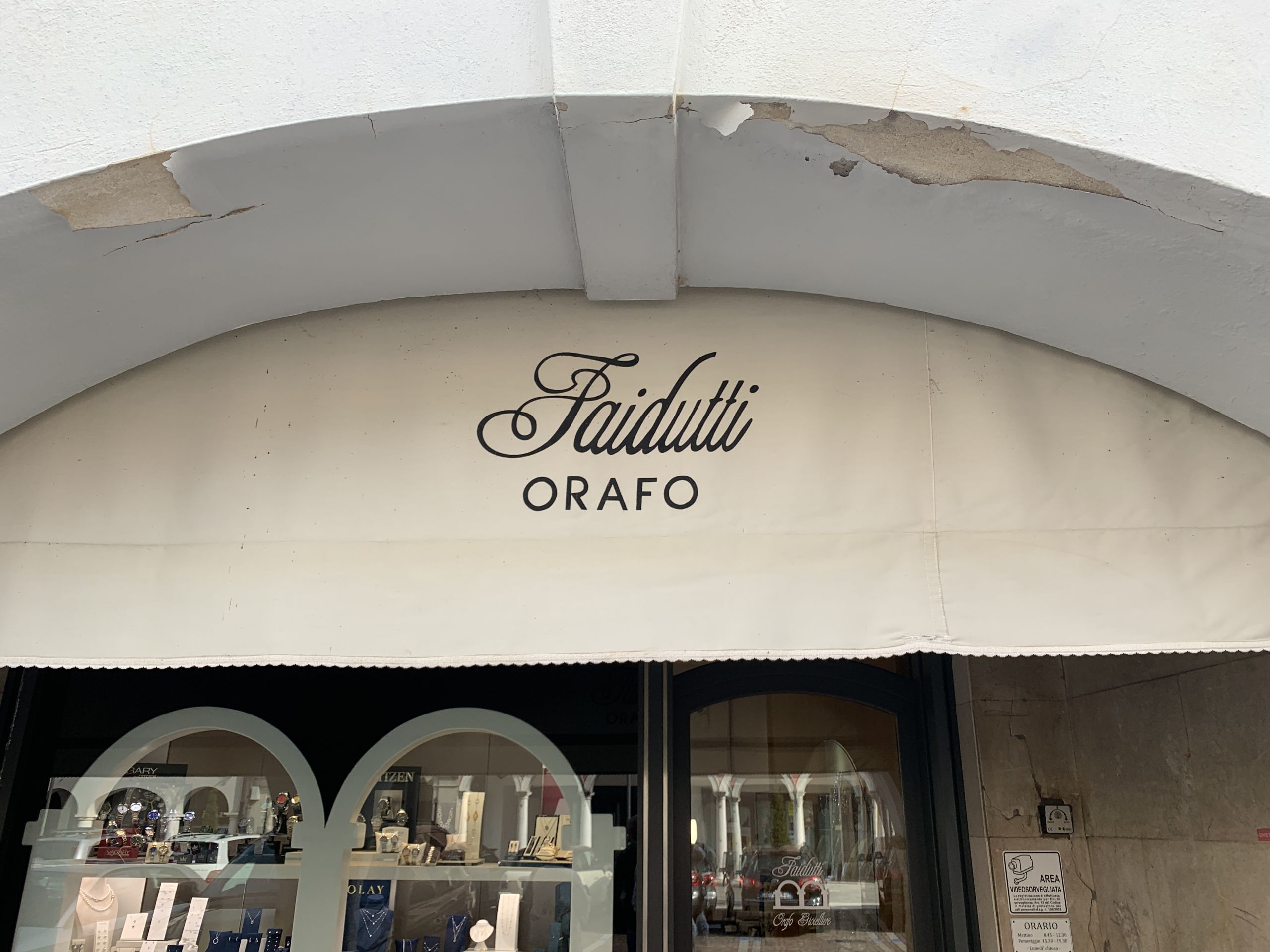
The river Tagliamento:

Light pollution is a big deal. The bright spots are the worst places to live in:

North Korea is blessed to have dark night skies full of stars, with its citizens keeping their circadian rhythms intact.
Yesterday I saw a dog excited about beïng leashed.
The leash, despite beïng a mechanism of restraint, was seen by the dog as a sign of upcoming fun—of a walk.
Not everything in life is straightforward.
Let’s shift the 2024 timeline from Year of Chaos to Year of Might.
Poggio and Bussana Vecchia are Sanremo’s outlying hamlets.
Nice typeface:
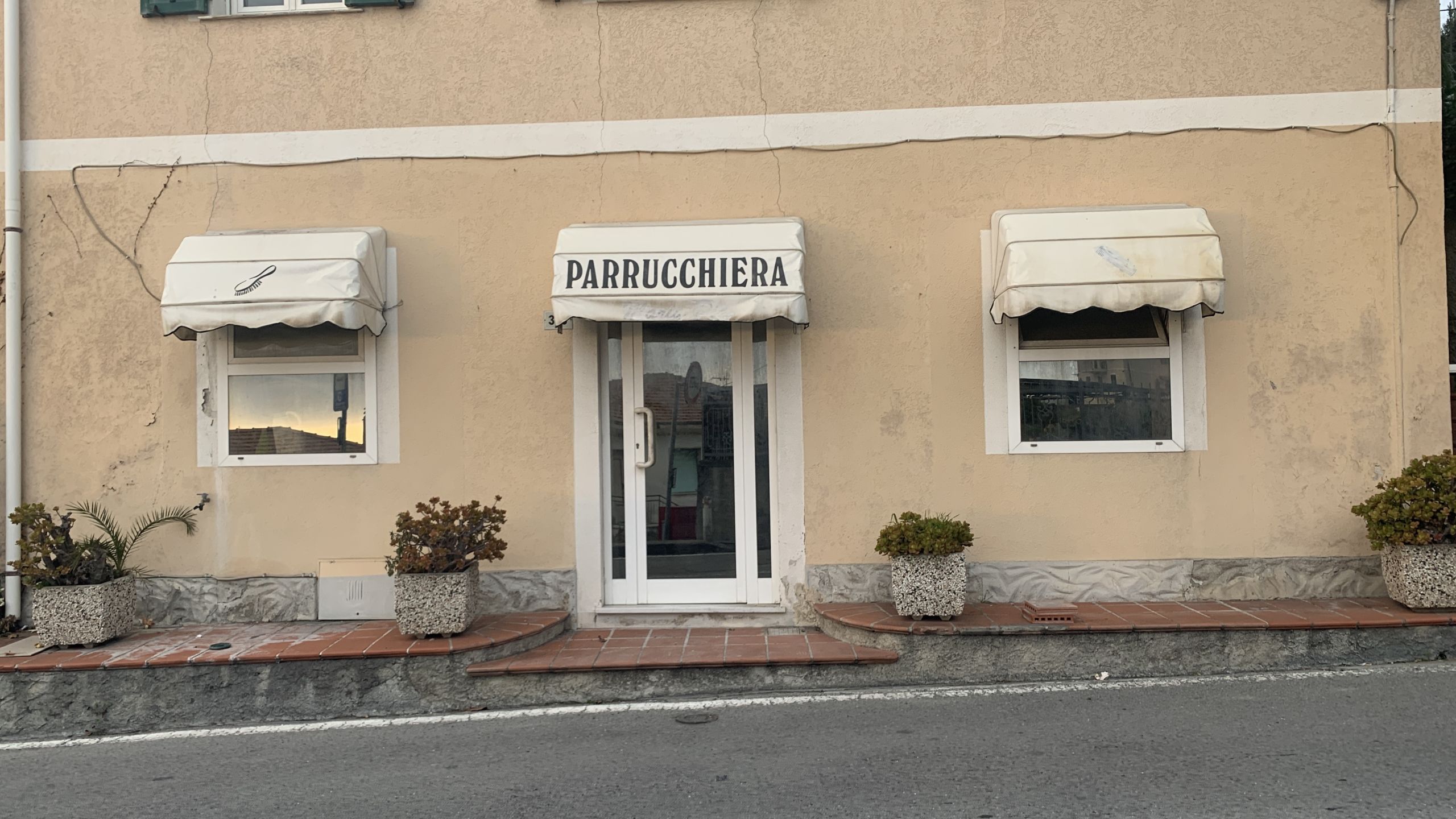
Forsaken car:

Rocky:

Cool art installation:

“Gone with the wind”:

“Fabric fables”:

Pottery:

Other art pieces:



Ukraine mobilised reserves. Russia mobilised reserves.
Ukraine lost freedom of speech. Russia lost freedom of speech.
Ukrainians are fleeing and dying. Russians are fleeing and dying.
⁂
What’s this whole clash about, anyway? About which state will tax the land? Deeply immoral. The people own the land; let them live as they wish.
Meanwhile the warmongers keep on babbling provocatively about a wide European war against brotherly Russia.
Less than a month after walking around Mestre, I was invited to make a video for the artist Ribis in Venice proper:
You can buy his paintings, lamps, and tables from Authentics Art Gallery.